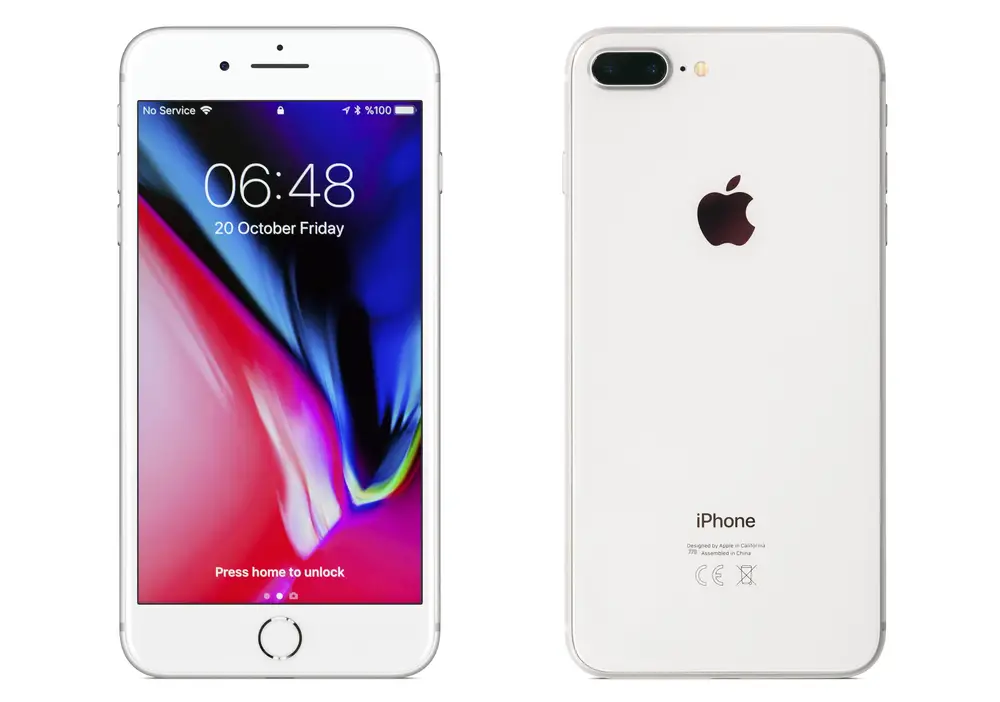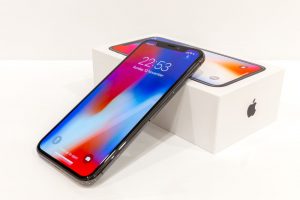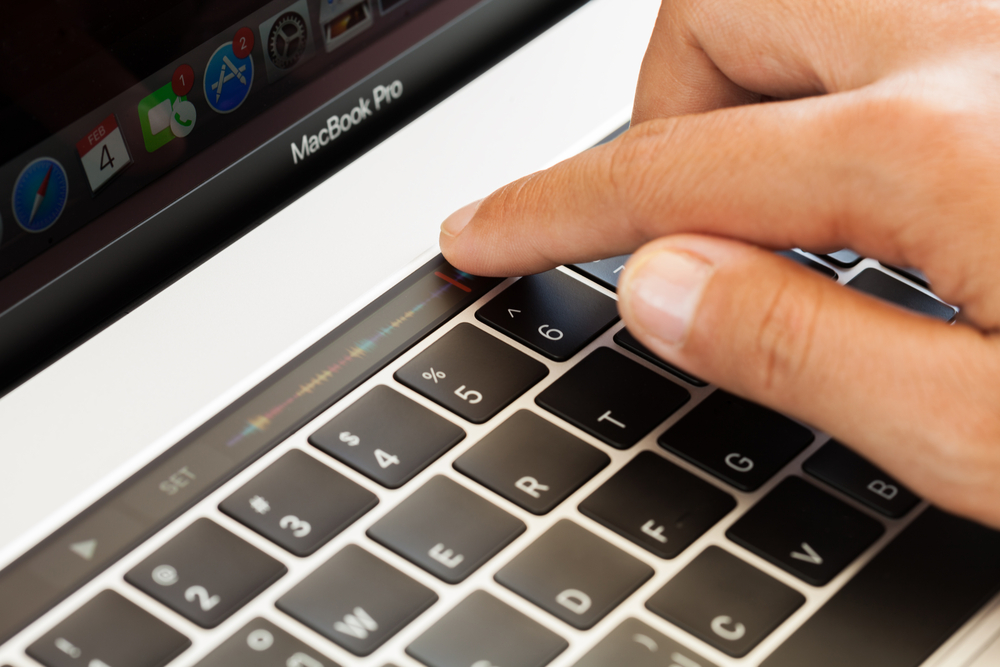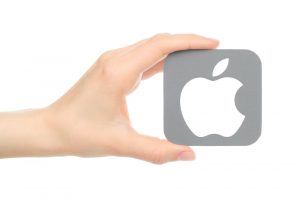The U.S. Supreme Court ruled yesterday that a group of iPhone owners who believe Apple is violating the country’s antitrust laws can go ahead with the court case. They argue that Apple runs a monopoly with the App Store.
Justice Brett Kavanaugh said that when “retailers engage in unlawful anticompetitive conduct that harms consumers’ the individuals who purchases that firm’s products have the right to hold it accountable.”
It’s important to note that the Court didn’t find Apple guilty of anything. It merely ruled that consumers have the right to sue the company if they believe it’s guilty of monopolistic behaviour.
The President of consumer advocacy group Public Knowledge, Gene Kimmelman, said this might have far-reaching implications for other tech firms that run similar online storefronts.
The case originates from when iPhone owners brought a class-action suit back in 2011. They claimed that Apple’s 30% commission on app sales encouraged app developers to increase their prices, in the process harming customers. On top of that, Apple (unlike Android) does not allow iPhone owners to install apps from anywhere else other than its App Store.
Apple’s argument was, and still is, that it can’t be sued by iPhone owners because it only acts as an intermediary. The Supreme Court, however, has now ruled that iPhone owners are in a “direct purchaser” relationship with the company and that they may litigate under a precedent referred to in legal circles to “Illinois Brick.”
The court said: “Apple’s line-drawing does not make a lot of sense, other than as a way to gerrymander Apple out of this and similar lawsuits.”
Apple stated afterwards that it is “confident” that it will eventually win the case.






Add Comment